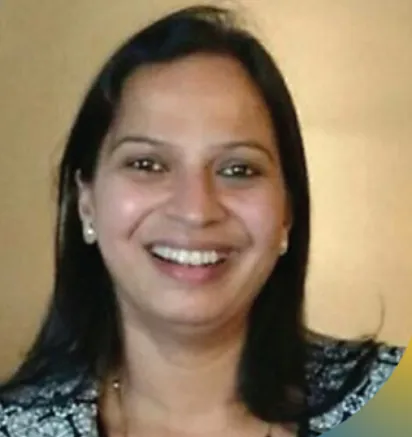-
CENTRES
Progammes & Centres
Location
 PDF Download
PDF Download 
Jayashree B, Anirban Sarma, Vanita Sharma and Shoba Suri, Aspirations, Access & Agency: Women transforming lives with technology, September 2022, Reliance Foundation and Observer Research Foundation.
hes of rural and peri-urban India who have made it their mission to lead their communities into a new digital future. Virtually nothing is known of the odds they have overcome to defy tradition, acquire digital literacy and competencies, build their communities’ trust, and then transform lives with technology.
Aspirations, Access & Agency tells the stories of women leaders who have emerged as agents of technological change and socioeconomic inclusion and are using ICTs to help their communities build pathways to better futures. Each story narrates a woman’s leadership journey and explores how she evolved as a digital enabler—banking the unbanked, connecting people to essential e-services, facilitating access to welfare schemes and benefits at the last mile, promoting entrepreneurship by helping build digital marketplaces, using tech to strengthen livelihoods, advocating for e-health, and much more. This compendium aims to raise awareness about these women’s exemplary work. It also seeks to demonstrate the transformational impact ICTs could have on communities and governance.
Well-crafted policies allow personal aspirations to bloom. The lived experiences of these women show the importance of policy initiatives that support digital literacy and skilling, such as the National Digital Literacy Mission, the National Skill Development Mission, and the recently launched Digital Ecosystem for Skilling and Livelihood. Equally, communities must be sensitised about welfare schemes that could change lives and how digital tools can be used to access benefits. The women’s stories included here demonstrate how successful policy implementation and access to technology can drive change.
The evolution of mobile phones has shaped women’s trajectories of empowerment. Most of the women profiled here first used rudimentary keypad phones owned by their families, which permitted calls and messages only. Many families then graduated to feature phones, which included a simple graphic interface, basic bandwidth for Internet services, and limited applications and multimedia capabilities. These devices nonetheless expanded the women’s understanding of the possibilities afforded by ICTs. But it is the smartphone—advanced mobile phones akin to microcomputers—that has truly liberated them and helped them become the change agents they are today.
Read it here.
The views expressed above belong to the author(s). ORF research and analyses now available on Telegram! Click here to access our curated content — blogs, longforms and interviews.

Anirban Sarma is Director of the Digital Societies Initiative at the Observer Research Foundation. His research explores issues of technology policy, with a focus on ...
Read More +
Dr. Shoba Suri is a Senior Fellow with ORFs Health Initiative. Shoba is a nutritionist with experience in community and clinical research. She has worked on nutrition, ...
Read More +